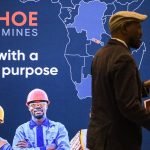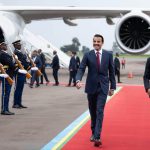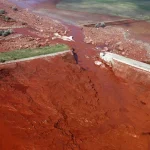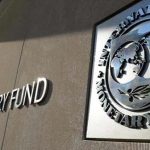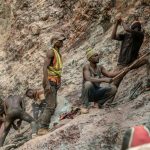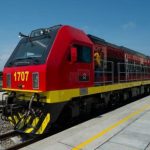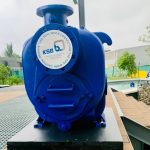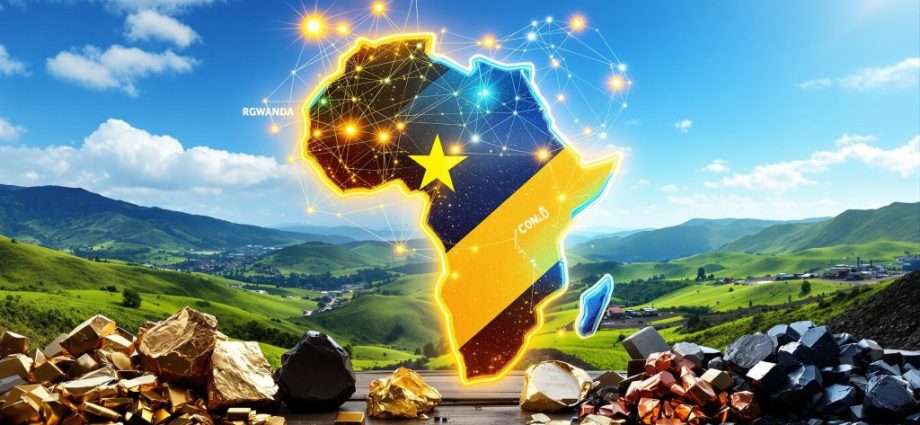Rwanda and the Democratic Republic of Congo (DRC) are edging closer to finalizing a landmark economic framework designed to reform mineral supply chains, strengthen regional cooperation, and attract global investment.
The initiative, developed with support from the United States and other international partners, follows the peace agreement signed in Washington earlier this year.
Draft Framework Nears Completion
According to insiders, a 17-page draft framework is under discussion with key stakeholders, including private sector leaders, donor agencies, and multilateral banks. Rwanda and DRC are expected to meet in early October to finalize the text before it is signed by both heads of state.
The framework builds on an August outline and sets out measures for implementation, coordination, and accountability across several strategic areas:
- Energy & Infrastructure
- Mineral Supply Chains
- National Parks & Conservation
- Public Health
Key Reforms and Mechanisms
The agreement proposes a series of reforms aimed at reshaping the region’s mineral economy:
- Regulatory Reforms: New policies will target illicit trade, boost transparency, and create conditions for private investment, with technical assistance from the US and partners.
- Transparency Mechanisms: International standards will be enforced through third-party mine inspections and external monitoring systems.
- Cross-Border Development: Plans include special economic zones to stimulate trade and industrial growth.
- Institutional Coordination: Annual summits and regular technical committee meetings will ensure oversight and progress tracking.
Challenges and Tensions Remain
Despite this progress, serious obstacles persist. Rwanda has not yet withdrawn troops from eastern Congo as pledged under the June peace deal, while Congolese operations against the Democratic Forces for the Liberation of Rwanda (FDLR) have yet to begin.
Other peace initiatives, such as the Doha process addressing conflict with the M23 rebel group, have also stalled. Congolese officials stress that genuine economic cooperation is impossible while Rwandan forces remain on their territory and while illegal exploitation of minerals continues to fund armed groups in the east.
Building Local Value and Long-Term Stability
Both governments reaffirmed their right to manage and benefit from their natural resources. The framework emphasizes local mineral processing and transformation capacity, aiming to prevent mineral wealth from fueling conflict and instead to develop a world-class industrial mining sector.
If fully implemented, the framework could become a turning point for peace and prosperity in Central Africa, unlocking billions in foreign investment while laying the groundwork for lasting regional stability.

